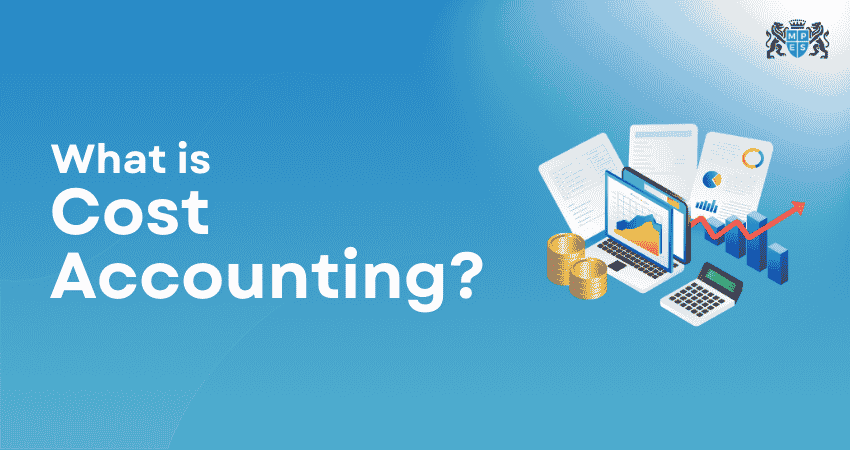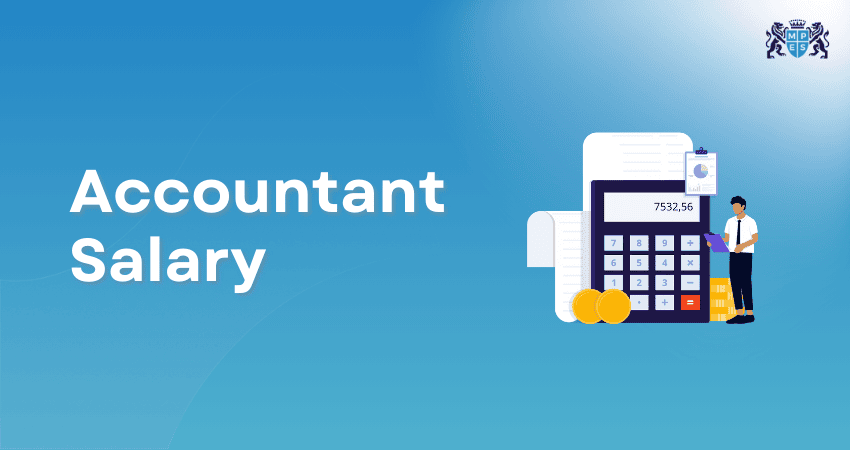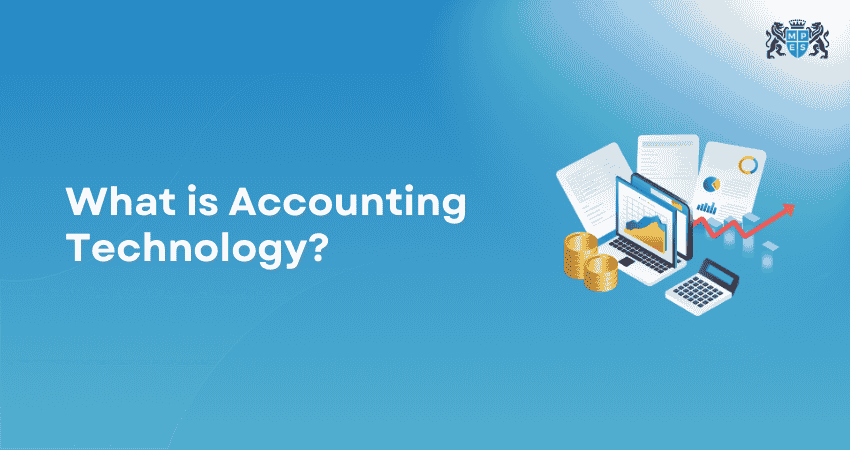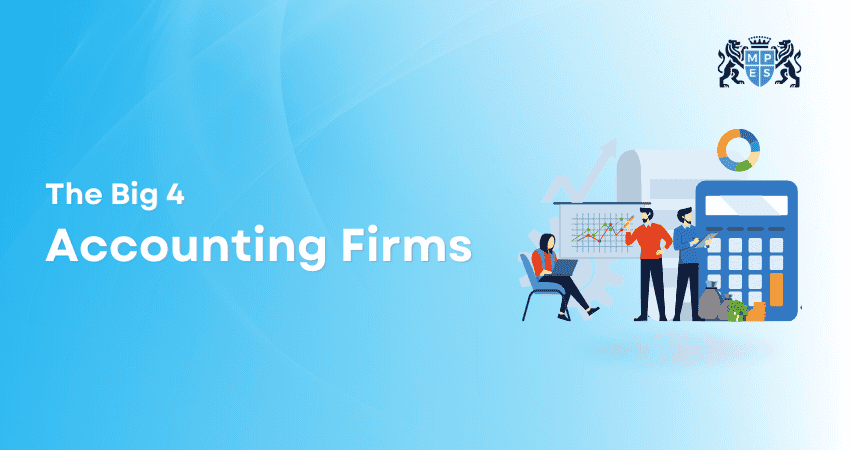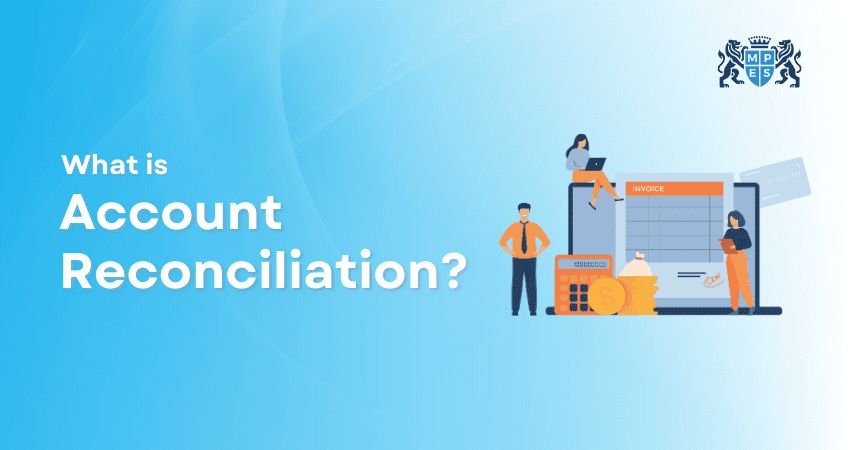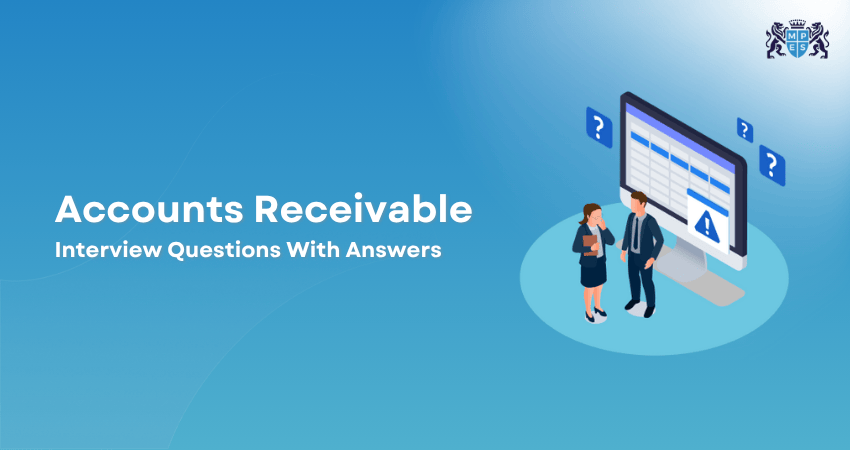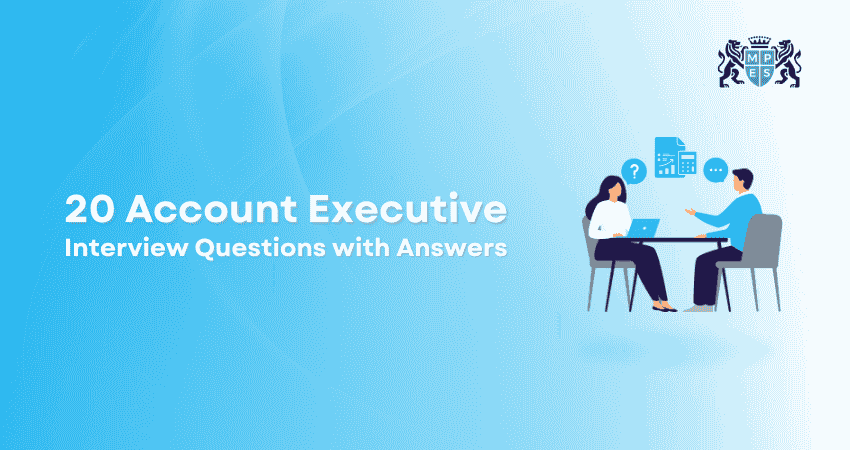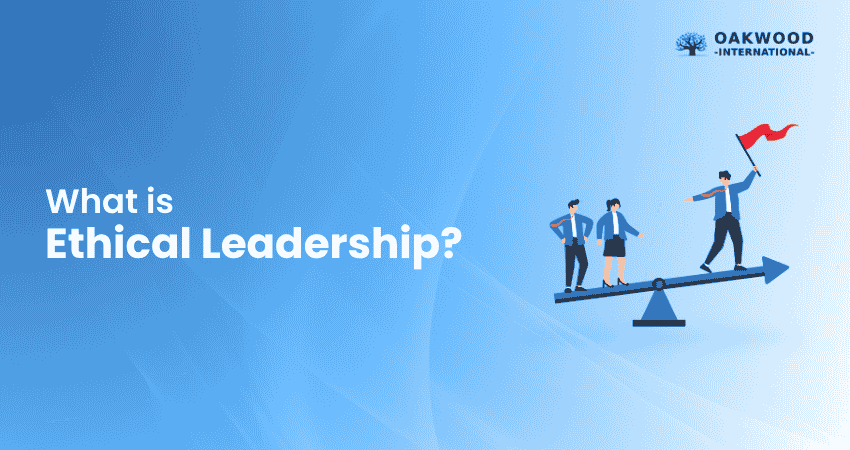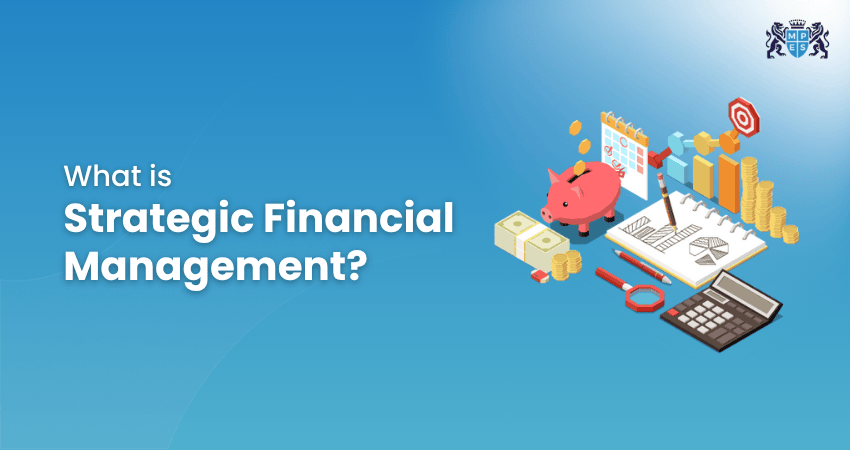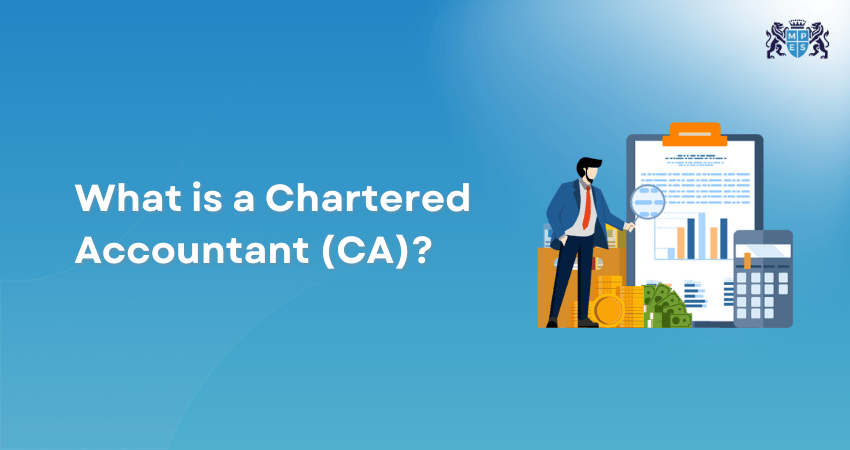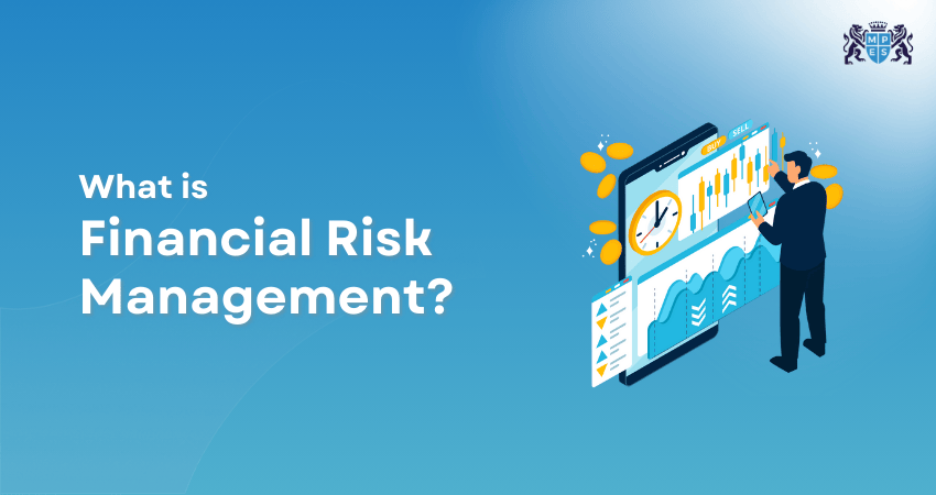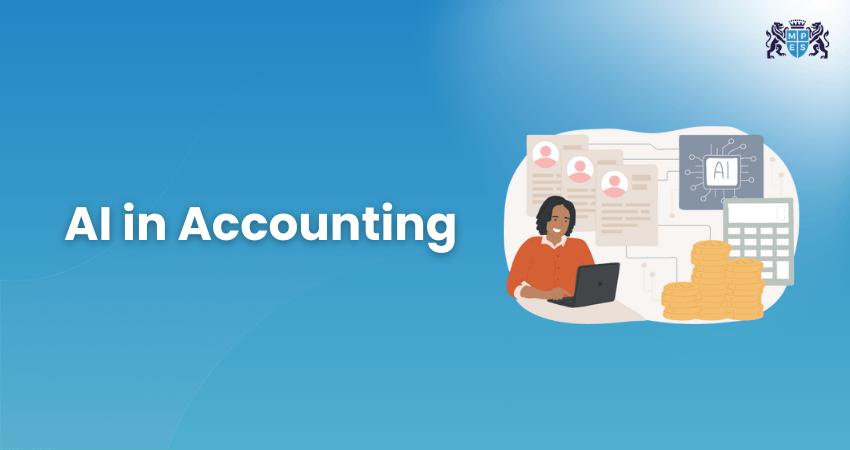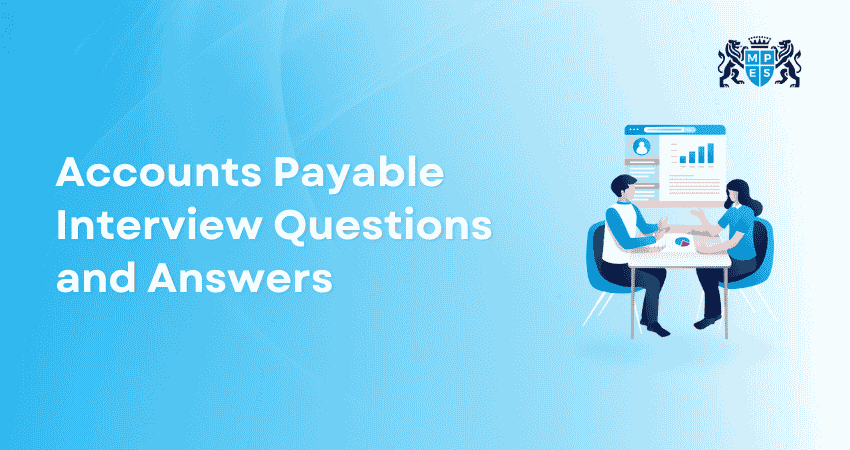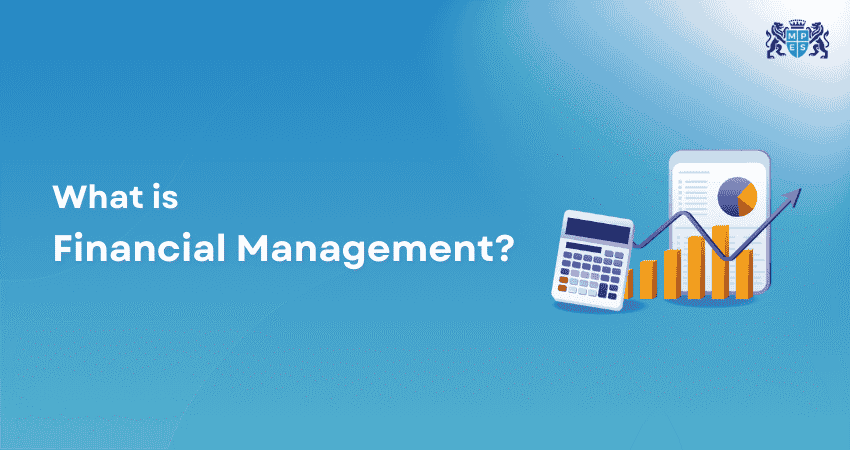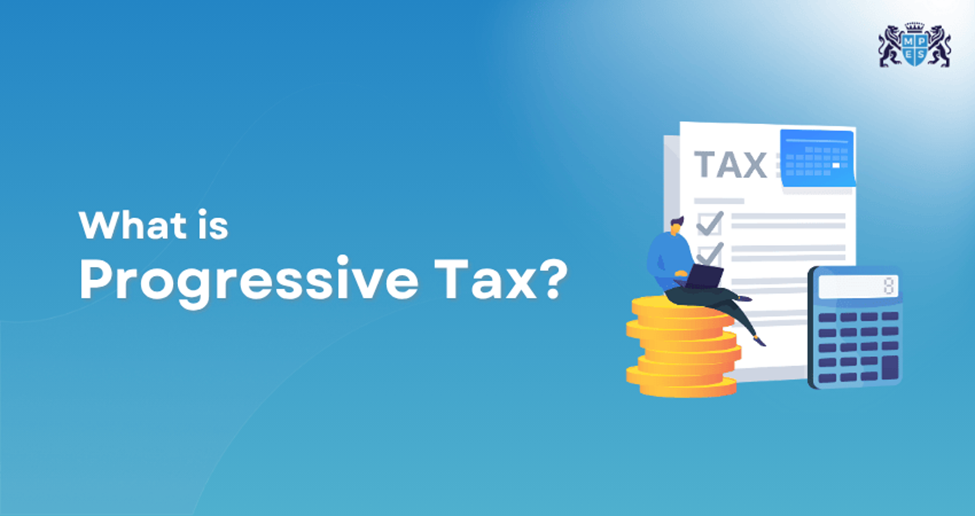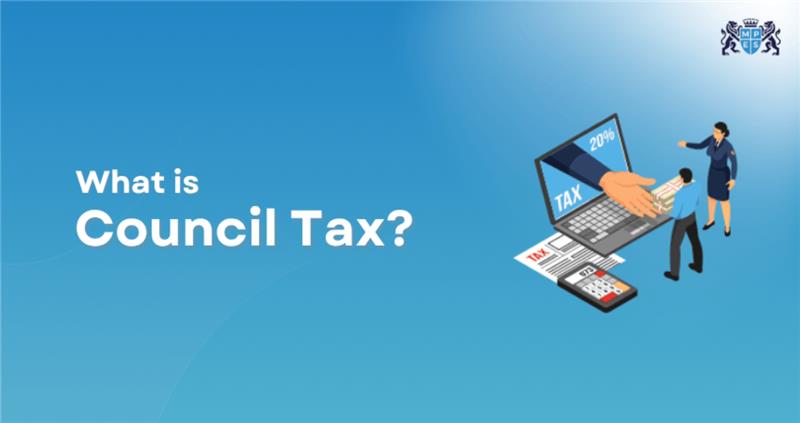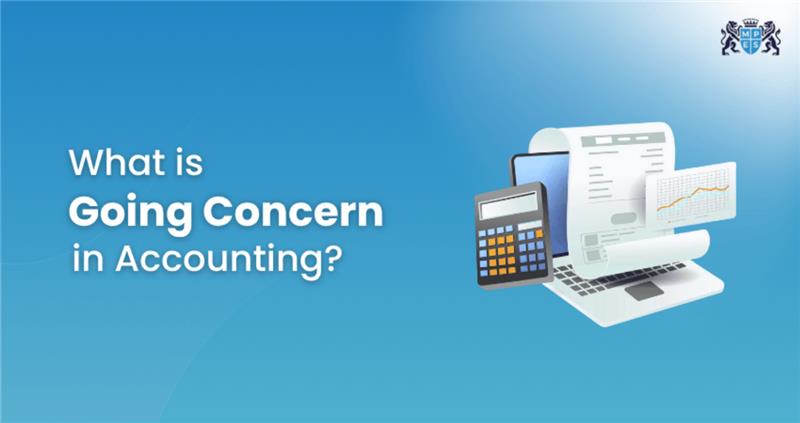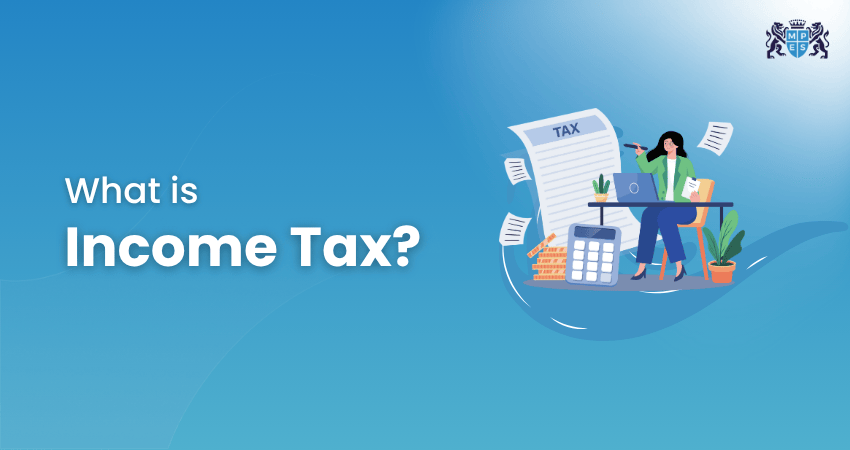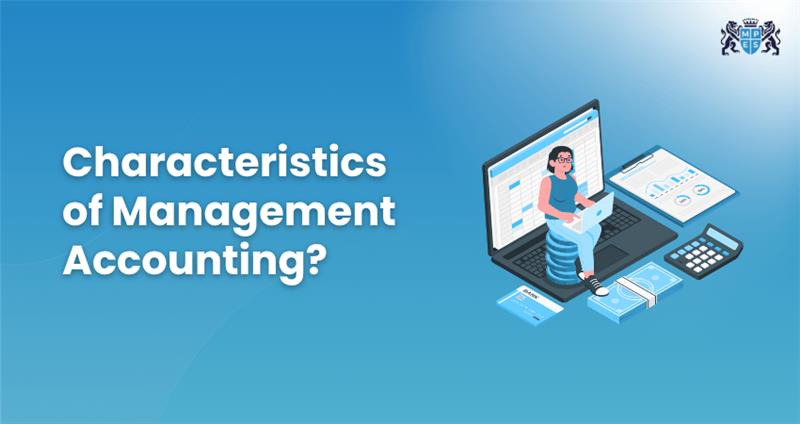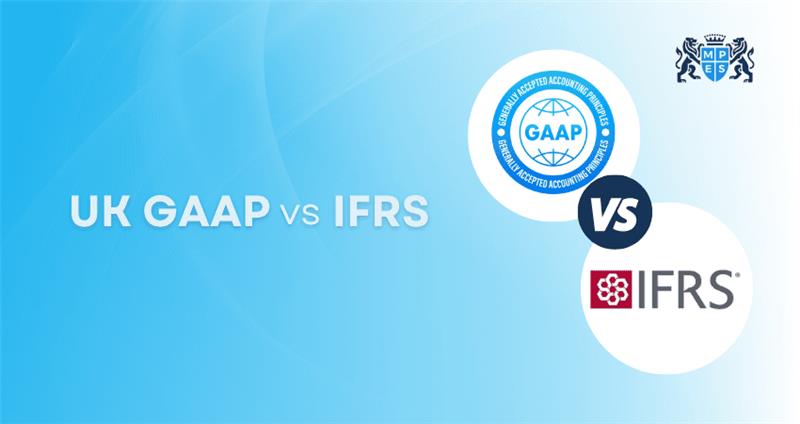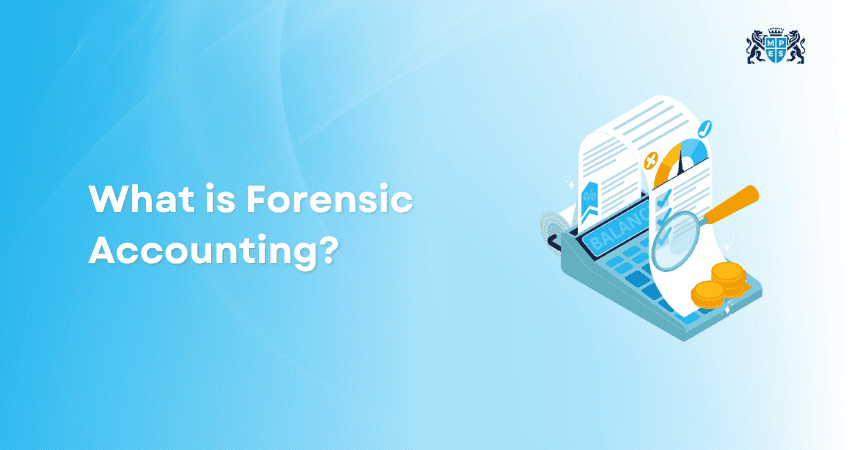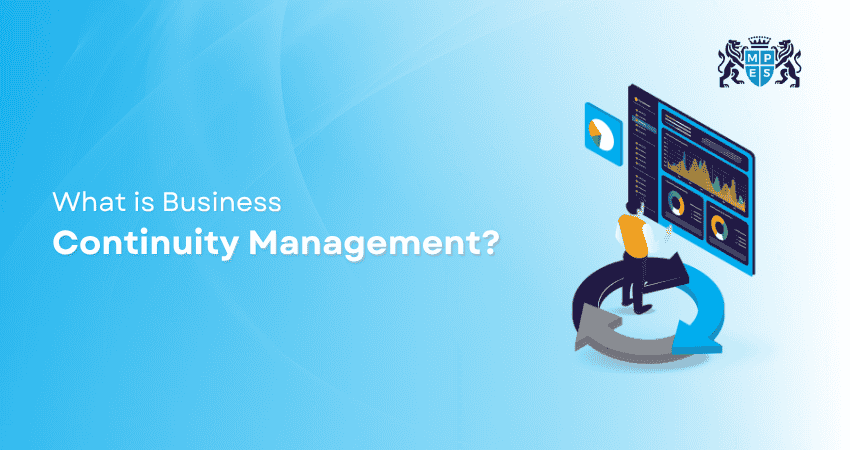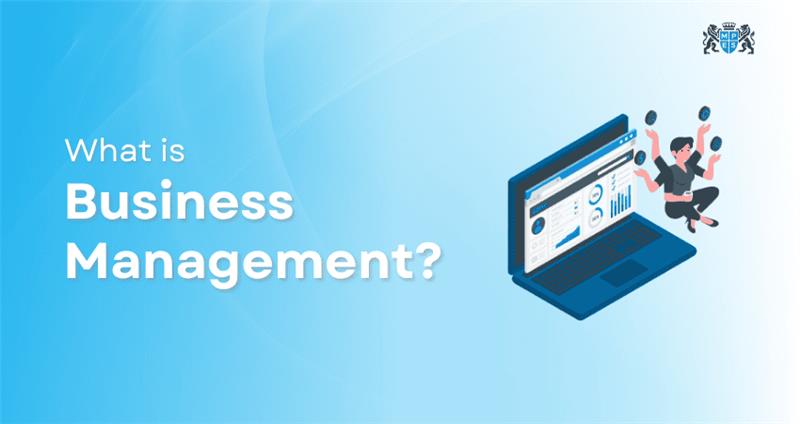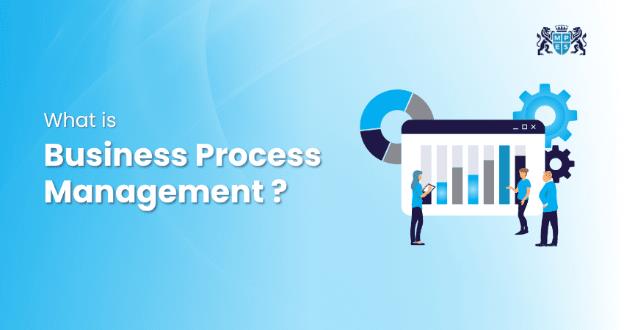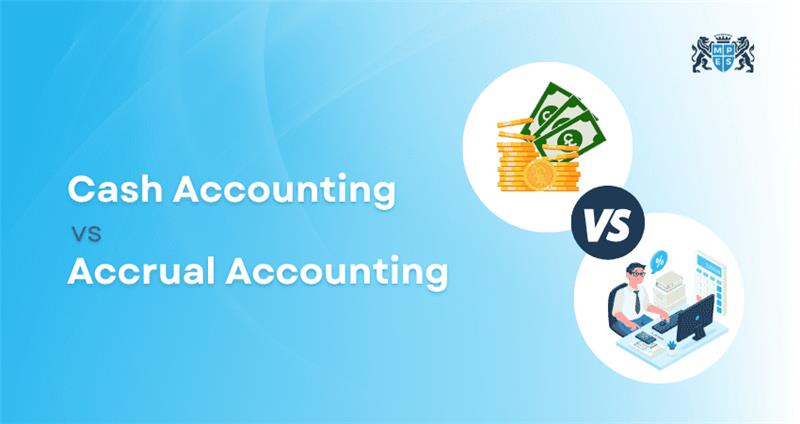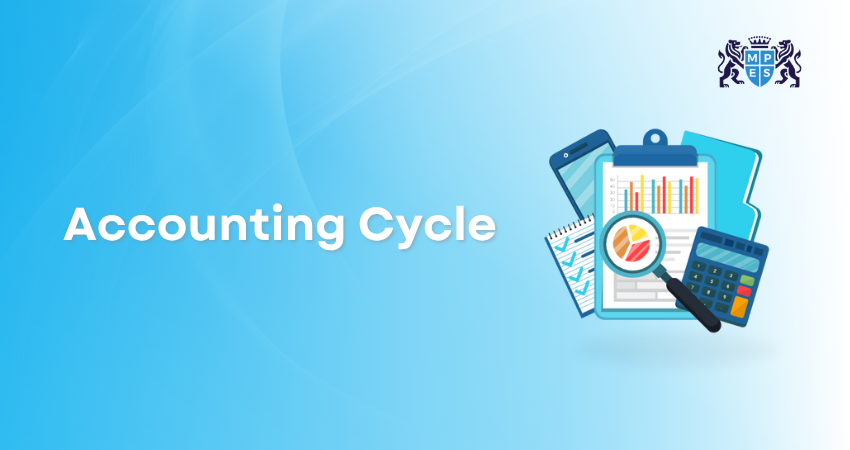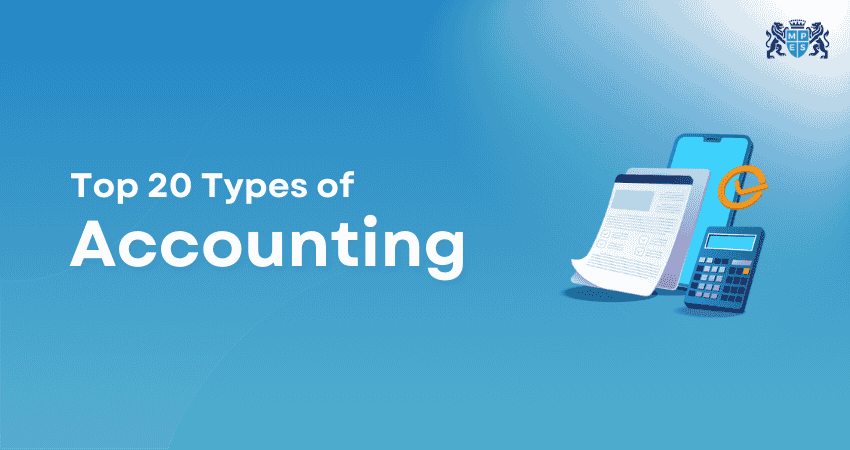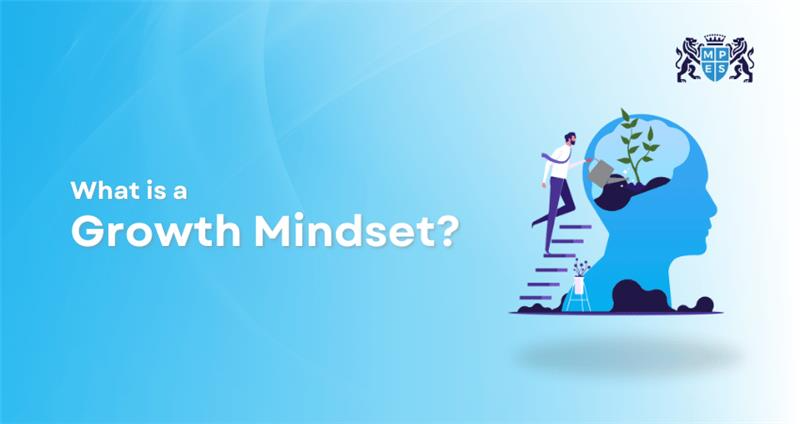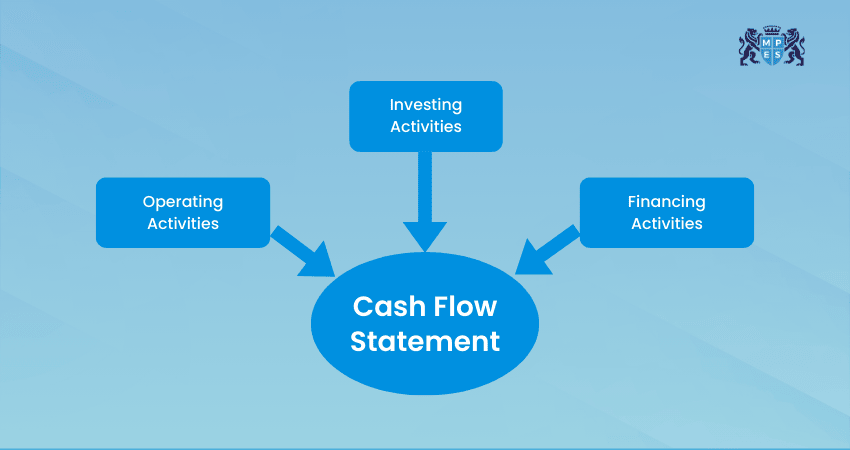Learning Options
- Online Video-Based Learning
- Flexible Schedule
- Expert Trainers with Industry Experience
- High Pass Rates
- 24/7 Personalised Support
- Interactive Learning Materials
- Live Online Classes
- Expert Trainers with Industry Experience
- Live Assessment and Feedback
- Interactive Learning Materials
- Networking Opportunities
- High Pass Rates
Overview
The PMP® Exam Prep Boot Camp is designed to equip learners with in-depth project management knowledge, aligning with PMI standards. It provides essential tools, strategies, and practical insights to confidently navigate the PMP® exam and enhance professional capabilities in managing projects effectively.
This course is ideal for professionals aspiring to earn the globally recognised PMP® certification. It helps learners advance their careers by mastering project management principles, improving leadership skills, and gaining a competitive edge in diverse industries.
This 4 Day course provided by MPES ensures a thorough understanding of project management methodologies and exam strategies. It offers comprehensive content aligned with PMI standards, enabling learners to achieve certification success and apply best practices in real-world projects.
Course Objectives:
- Understand PMI’s project management framework and methodologies.
- Master the five process groups and ten knowledge areas.
- Gain expertise in risk, time, and cost management techniques.
- Enhance leadership and stakeholder engagement capabilities.
- Learn efficient exam preparation strategies.
- Develop critical problem-solving skills for project scenarios.
- Achieve confidence to pass the PMP® exam on the first attempt.
Upon completion, learners will have the knowledge, confidence, and skills to excel in the PMP® exam and lead projects effectively, positioning themselves as accomplished project management professionals.

Average completion time
4 Month
with unlimited support
100% online
Start anytime
Study At Your Own PaceCourse Includes
Course Details
Develop your understanding of essential financial, business and management accounting techniques with ACCA Applied Knowledge. You'll learn basic business and management principles and the skills required of an accountant working in business.
Entry Requirements
- Educational Backgrounds: To attend PMP® Exam Prep Boot Camp, learners must have a secondary diploma, and prior experience & knowledge in project management.
- Language Proficiency: Learners should have a good command of English, as all course materials, assessments, and discussions are conducted in English.
- Interest in Project Management: This course is ideal for individuals with a keen interest in building project management knowledge and pursuing further PMP qualifications.
Learning Outcomes
Master PMI Framework: Gain a thorough understanding of PMI’s project management framework, methodologies, and principles to effectively lead and manage projects.
Exam Success Strategies: Acquire proven strategies and techniques to confidently approach and pass the PMP® certification exam on the first attempt.
Enhanced Leadership Skills: Develop critical leadership, stakeholder management, and decision-making skills to excel in diverse project environments across industries.
Practical Application: Learn to apply project management best practices and tools effectively in real-world scenarios for successful project delivery.
Target Audience
- Project Managers
- Team Leaders
- Business Analysts
- IT Professionals
- Operations Managers
- Construction Managers
- Product Managers
This course is ideal for professionals aiming to enhance their project management skills and achieve PMP® certification for career advancement.
Course content
Interpret Source and Stage of Conflict
Analyse Context for Conflict
Evaluate/Recommend/Reconcile Appropriate Conflict Resolution Solution
Set a Clear Vision and Mission
Support Diversity and Inclusion
Value Servant Leadership
Determine an Appropriate Leadership Style
Inspire, Motivate, and Influence Team Members or Stakeholders
Analyse Team Members and Stakeholders Influence
Distinguish Various Options to Lead Various Team Members and Stakeholders
Appraise Team Member Performance Against Key Performance Indicators
Support and Recognise Team Member Growth and Development
Determine Appropriate Feedback Approach
Verify Performance Improvements
Organise Around Team Strengths
Support Team Task Accountability
Evaluate Demonstration of Task Accountability
Determine and Bestow Levels of Decision-Making Authority
Determine Required Competencies and Elements of Training
Determine Training Options Based on Training Needs
Allocate Resources for Training
Measure Training Outcomes
Appraise Stakeholder Skills
Deduce Project Resource Requirements
Continuously Assess and Refresh Team Skills to Meet Project Needs
Maintain Team and Knowledge Transfer
Determine and Prioritise Critical Impediments, Obstacles, and Blockers for Team
Use Network to Implement Solutions to Remove Impediments, Obstacles, and Blockers for Team
Re-Assess Continually to Ensure Impediments, Obstacles, and Blockers for Team is being Addressed
Analyse the Bounds of the Negotiations for Agreement
Assess Priorities and Determine Ultimate Objectives
Verify Objectives of the Project Agreement is Met
Participate in Agreement Negotiations
Determine a Negotiation Strategy
Evaluate Engagement Needs for Stakeholders
Optimise Alignment Between Stakeholder Needs, Expectations and Project
Objectives
Build Trust and Influence Stakeholders to Accomplish Project Objectives
Break Down Situation to Identify the Root Cause of a Misunderstanding
Survey All Necessary Parties to Reach Consensus
Support Outcome of Parties’ Agreement
Investigate Potential Misunderstandings
Examine Virtual Team Member Needs
Investigate Alternatives
Implement Options for Virtual Team Member Engagement
Continually Evaluate Effectiveness of Virtual Team Member Engagement
Communicate Organisational Principles with Team and External Stakeholders
Establish an Environment that Fosters Adherence to the Ground Rules
Manage and Rectify Ground Rule Violations
Allocate Time to Mentoring
Recognise and Act on Mentoring Opportunities
Assess Behavior Through Use of Personality Indicators
Analyse Personality Indicators and Adjust to Emotional Needs of Key Project Stakeholders
Assess Opportunities to Deliver Value Incrementally
Examine Business Value Throughout Project
Support Team to Subdivide Project Tasks as Necessary to Find Minimum Viable Product
Analyse Communication Needs of All Stakeholders
Determine Communication Methods, Channels, Frequency and Level of Detail for all Stakeholders
Communicate Project Information and Updates Effectively
Confirm Communication is Understood, and Feedback is Received
Determine Risk Management Options
Iteratively Assess and Priorities Risks
Analyse Stakeholders
Categories Stakeholders
Engage Stakeholders Category
Develop, Execute and Validate a Strategy for Stakeholder Engagement
Estimate Budgetary Needs to be Based on Scope of Project and Lessons Learned from Past Projects
Anticipate Future Budget Challenges
Monitor Budget Variations and Work with Governance Process to Adjust as Necessary
Plan and Manage Resources
Estimate Project Tasks
Utilise Benchmarks and Historical Data
Prepare Schedule Based on Methodology
Measure Ongoing Progress Based on Methodology
Modify Schedule, as Needed, Based on Methodology
Coordinate with Other Projects and Other Operations
Determine Quality Standard Required for Project Deliverables
Recommend Options for Improvement Based on Quality Gaps
Continually Survey Project Deliverable Quality
Determine and Priorities Requirements
Break Down Scope
Monitor and Validate Scope
Consolidate Project or Phase Plans
Assess Consolidated Project Plans for Dependencies, Gaps and Continued Business Value
Analyse Data Collected
Collect and Analyse Data to Make Informed Project Decisions
Determine Critical Information Requirements
Anticipate and Embrace Need for Change
Determine Strategy to Handle Change
Execute Change Management Strategy According to Methodology
Determine a Change Response to Move Project Forward
Define Resource Requirements and Needs
Communicate Resource Requirements
Manage Suppliers or Contracts
Plan and Manage Procurement Strategy
Develop a Delivery Solution
Determine Requirements for Managing Project Artifacts
Validate Project Information is Kept Up to Date and Accessible to all Stakeholders
Continually Assess Effectiveness of Management of Project Artifacts
Assess Project Needs, Complexity and Magnitude
Recommend Project Execution Strategy
Recommend a Project Methodology or Approach
Use Iterative, Incremental Practices Throughout Project Life Cycle
Determine Appropriate Governance for a Project
Define Escalation Paths and Thresholds
Recognise when a Risk Becomes an Issue
Attack Issue with Optimal Action to Achieve Project Success
Collaborate with Relevant Stakeholders on Approach to Resolve Issues
Discuss Project Responsibilities within Team
Outline Expectations for Working Environment
Confirm Approach for Knowledge Transfers
Determine Criteria to Successfully Close Project or Phase
Validate Readiness for Transition
Conclude Activities to Close Out Project or Phase
Confirm Project Compliance Requirements
Classify Compliance Categories
Determine Potential Threats to Compliance
Use Methods to Support Compliance
Analyse Consequences of Noncompliance
Determine Necessary Approach and Action to Address Compliance Needs
Measure Extent to Which Project is complying
Investigate How Benefits are Identified
Document Agreement on Ownership for Ongoing Benefit Realisation
Verify Measurement System is in Place to Track Benefits
Evaluate Delivery Options to Demonstrate Value
Appraise Stakeholders of Value Gain Progress
Survey Changes to External Business Environment
Assess and Prioritise Impact on Project Scope or Backlog Based on Changes in External Business Environment
Recommend Options for Scope or Backlog Changes
Continually Review External Business Environment for Impacts on Project Scope or Backlog
Assess Organisational Culture
Evaluate Impact of Organisational Change to Project and Determine Required Actions
Evaluate Impact of Project to Organisation and Determine Required Actions
Domain 1: People
Task 1: Manage Conflict
Task 2: Lead a Team
Task 3: Support Team Performance
Task 4: Empower Team Members and Stakeholders
Task 5: Ensure Team Members or Stakeholders are Adequately Trained
Task 6: Build a Team
Task 7: Address and Remove Impediments, Obstacles, and Blockers for Team
Task 8: Negotiate Project Agreements
Task 9: Collaborate with Stakeholders
Task 10: Build Shared Understanding
Task 11: Engage and Support Virtual Teams
Task 12: Define Team Ground Rules
Task 13: Mentor Relevant Stakeholders
Task 14: Promote Team Performance Through Application of Emotional Intelligence
Domain 2: Process
Task 1: Execute Project with Urgency Required to Deliver Business Value
Task 2: Manage Communications
Task 3: Assess and Manage Risks
Task 4: Engage Stakeholders
Task 5: Plan and Manage Budget and Resources
Task 6: Plan and Manage Schedule
Task 7: Plan and Manage Quality of Products/Deliverables
Task 8: Plan and Manage Scope
Task 9: Integrate Project Planning Activities
Task 10: Manage Project Changes
Task 11: Plan and Manage Procurement
Task 12: Manage Project Artifacts
Task 13: Determine Appropriate Project Methodology or Methods and Practices
Task 14: Establish Project Governance Structure
Task 15: Manage Project Issues
Task 16: Ensure Knowledge Transfer for Project Continuity
Task 17: Plan and Manage Project or Phase Closure or Transitions
Domain 3: Business Environment
Task 1: Plan and Manage Project Compliance
Task 2: Evaluate and Deliver Project Benefits and Value
Task 3: Evaluate and Address External Business Environment Changes for Impact on Scope
Task 4: Support Organisational Change
MPES Support That Helps You Succeed
At MPES, we offer comprehensive support to help you succeed in your studies. With expert guidance and valuable resources, we help you stay on track throughout your course.
- MPES Learning offers dedicated support to help you succeed in Accounting and Finance courses.
- Get expert guidance from tutors available online to assist with your studies.
- Check your eligibility for exemptions with the relevant professional body before starting.
- Our supportive team is here to offer study advice and support throughout your course.
- Access a range of materials to help enhance your learning experience. These resources include practice exercises and additional reading to support your progress.
Career Growth Stories
Discover how MPES Learning transforms careers with real success stories.

Arvy Pasanting

As a qualified accountant, studying at MPES has been a very rewarding experience. Its team of passionate and dedicated mentors gave me the confidence and knowledge I needed to not just excel at my current role as an auditor, but also inspired me to expand my horizons.
Arvy Pasanting
David Ford

I was recommended MPES after searching for a way to pursue a career in the accounting profession, I have studied with them throughout my journey utilising both their “in class” and online learning opportunities that fit around the needs of my employer, I have found them to be consummate professionals delivering first class accounting courses with support always available.
David Ford
Aaron Allcote

As a finance officer, MPES has been a huge help in understanding the process of recording and processing transactions from all different perspectives. The courses are very easy to follow, and the training they provide can be applied to real-life scenarios. The courses have been a huge help for me, and I would highly recommend them.
Aaron Allcote
Bob Beaumont

I completed all of my ACA studies with MPES and I think you would struggle to find a better training provider anywhere in the British Isles. MPES' tutors are excellent both at delivering training and giving individualised feedback and coaching. the supporting materials and the out of class support are also great.
Bob Beaumont
George Evans

The Financial Risk Management Course at MPES was invaluable in deepening my understanding of risk assessment and mitigation strategies. The hands-on learning approach allowed me to apply new concepts directly to my work. I highly recommend it for professionals in finance.
George Evans
James Robinson

As a financial consultant, I am always seeking ways to enhance my expertise. The Investment Analysis Course at MPES exceeded my expectations, offering practical skills and knowledge that I can apply immediately in my consulting work. It's an outstanding choice for professionals in finance.
James Robinson
Laura Bennett

The Corporate Finance Course I attended at MPES was transformative. The depth of knowledge shared by the instructors and the relevance of the topics covered have directly impacted on our financial strategy. I strongly endorse this program for anyone in a leadership position in finance.
Laura Bennett
Emma Johnson

The Financial Modeling and Valuation Course at MPES was incredibly insightful. The practical applications and real-world examples helped solidify my understanding of complex concepts. I highly recommend this course to anyone looking to enhance their financial acumen.
Emma JohnsonHave Questions? We’ve Got You
If you have any questions, we’re here to help. Find the answers you need in the MPES detailed FAQ section.
Q. What are the key benefits of taking this course?
The MPES PMP® Exam Prep Boot Camp provides comprehensive training that covers all aspects of project management, ensuring participants gain the required knowledge to excel in the exam. The course also offers expert guidance, exam strategies, and a structured learning environment to optimise exam success.
Q. How long is the course?
The course duration for MPES’s PMP® Exam Prep Boot Camp is typically four days, providing an intensive, focused study schedule. This allows participants to gain an in-depth understanding of all key concepts and methodologies necessary for the PMP® exam.
Q. Is the course suitable for beginners in project management?
The MPES PMP® Exam Prep Boot Camp is designed for individuals who already have some foundational knowledge of project management. While beginners can benefit, prior understanding of project management principles is recommended to get the most out of the training.
Q. What materials will be provided during the course?
Learners in the MPES PMP® Exam Prep Boot Camp will receive comprehensive study materials, including detailed course notes, practice exams, and PMP® exam guides. These resources are designed to support learning and help participants prepare effectively for the exam.
Q. Does the course include access to practice exams?
Yes, MPES provides access to practice exams as part of the PMP® Exam Prep Boot Camp. These exams simulate the actual PMP® test environment, helping learners familiarise themselves with the format and timing, and improving their chances of success.
Q. What is the primary focus of the PMP® Exam Prep Boot Camp?
The PMP® Exam Prep Boot Camp focuses on preparing learners for the PMP® certification exam by covering PMI’s project management framework, methodologies, and principles. It emphasises practical application, leadership development, and exam strategies to ensure confidence and success in project management roles across various industries.
Q. How does this course support learners in passing the PMP® exam?
The course provides comprehensive study materials, exam-focused strategies, and practice questions aligned with PMI standards. Learners gain insights into project management processes and practical techniques, enhancing their readiness to excel in the PMP® certification exam and apply these concepts in professional environments.
Q. Can this course benefit experienced project management professionals?
Yes, this course is highly beneficial for experienced professionals seeking to formalise their project management skills, validate their expertise, and achieve globally recognised PMP® certification. It equips them with updated knowledge, tools, and techniques to stay competitive in their careers.
Q. Are there real-world project scenarios included in this course?
Absolutely, the course integrates real-world project scenarios and case studies to help learners understand how to apply project management principles effectively in practical situations, ensuring enhanced learning and application.
Q. How does this course help in career progression?
Achieving PMP® certification through this course demonstrates expertise and commitment to project management excellence, increasing career opportunities, salary potential, and leadership responsibilities in diverse industries globally.
Related Courses
Explore additional courses designed to complement your learning journey and enhance your professional skills. Expand your knowledge with these expertly curated options tailored to your career goals.






Resources
Access a wide range of free resources to support your learning journey. From blogs to news and podcasts, these valuable guides are available at no cost to help you succeed.
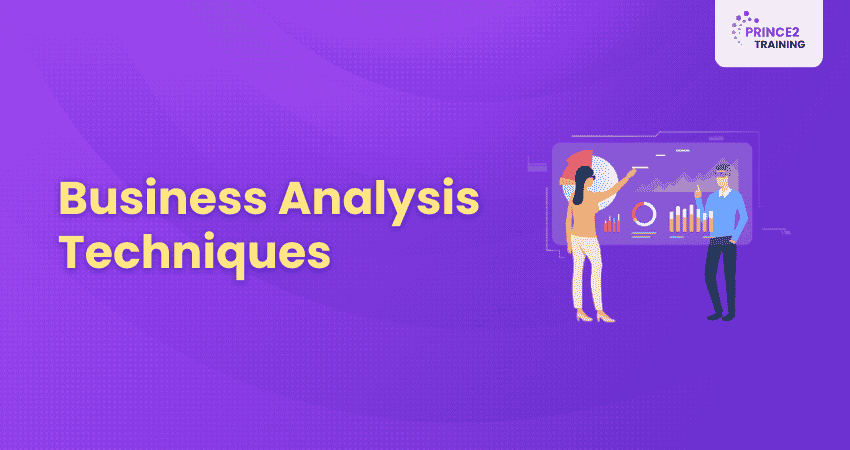
Top 15 Effective Business Analysis Techniques to Achieve Success
Veronica Davis14-Jan-2025
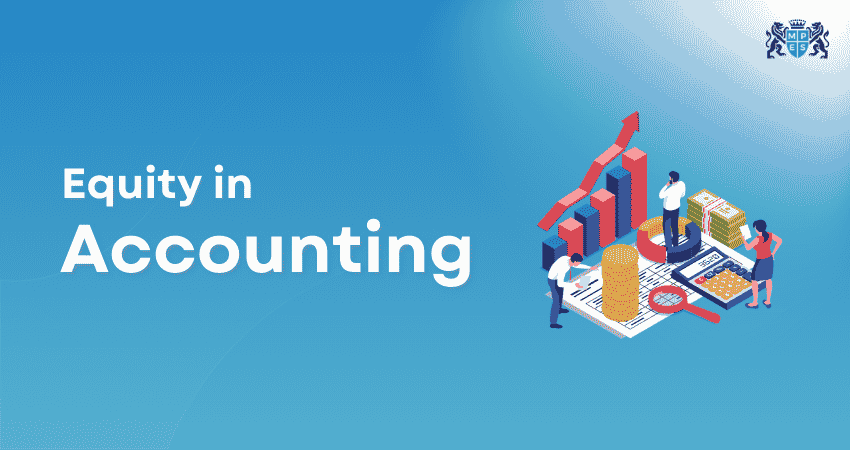
Equity in Accounting: Meaning, Components & How to Calculate it
Maria Thompson10-Jan-2026
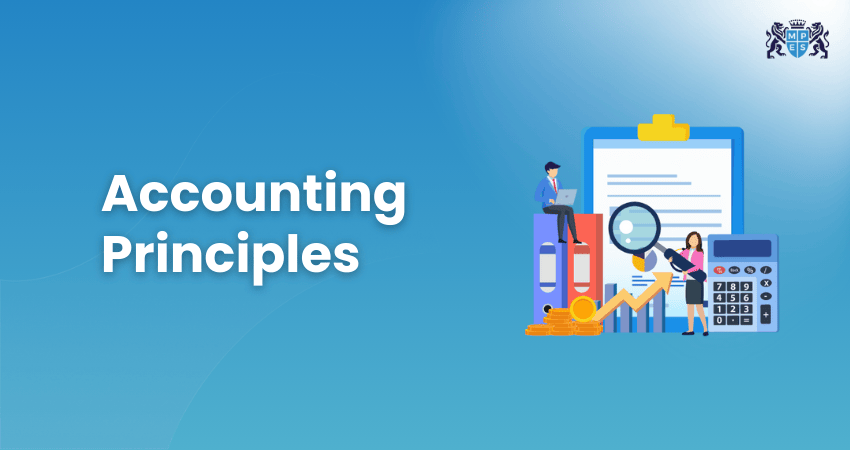
Accounting Principles: Definition, Types, Importance, and Benefits
Grace Mitchell22-Sep-2025
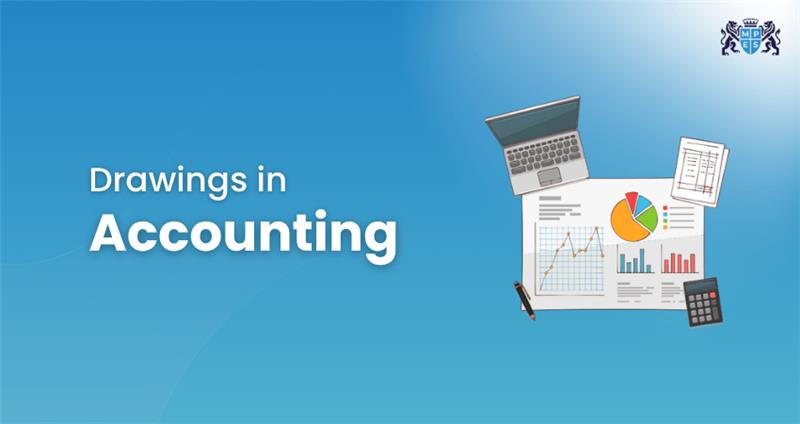
Drawings in Accounting: Definition, Characteristics, and Examples
Maria Thompson21-Jul-2025

The Best Accounting and Finance Books for Professionals and Students
Maria Thompson07-Jul-2025

Activity-Based Costing (ABC): Definition, Benefits & Limitations
Maria Thompson16-Jun-2025

Job Shadowing: How it Benefits Teams via Observational Learning
Maria Thompson13-Jun-2025

Deferred Revenue: Definition, Liability Risks & Examples Explained
Maria Thompson10-Jun-2025
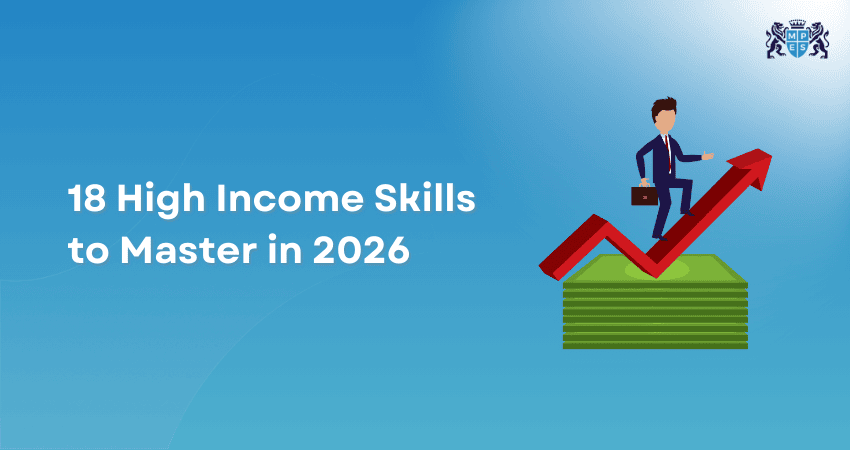
18 High Income Skills to Master in 2026 for Great Profitability
Maria Thompson26-May-2025

AI in Workplace: Benefits & Examples Shaping the Future of Work
Maria Thompson20-May-2025

15 Reasons Why to Become an Accountant: Benefits & Career Growth
Maria Thompson14-May-2025

How to Motivate Yourself: 20 Powerful Tips for Self-improvement
Maria Thompson12-May-2025
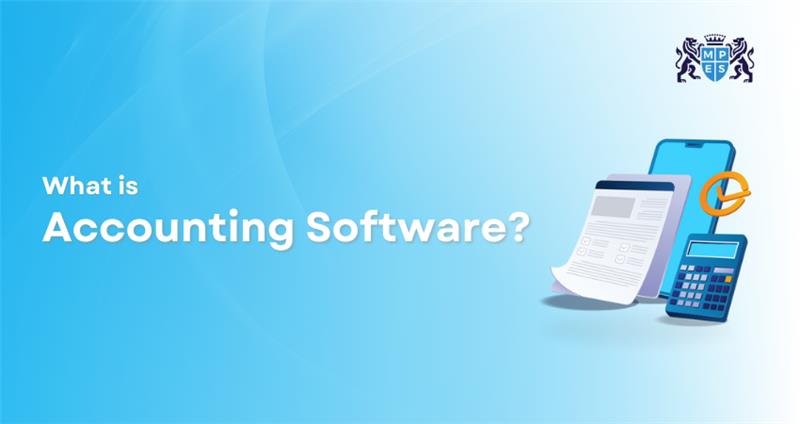
What Is Accounting Software? Features, Types & Benefits Explained
Maria Thompson07-May-2025

Cyber Security for Business: Meaning, Importance & Tips Explained
Maria Thompson02-May-2025

What is Bookkeeping, Its Importance and How to Become a Bookkeeper
Maria Thompson28-Apr-2025

Freelancing vs Full-Time Employment: Choosing the Right Career Path
Maria Thompson25-Apr-2025

What is Financial Reporting: Types, Importance and Uses Explained
Maria Thompson21-Apr-2025
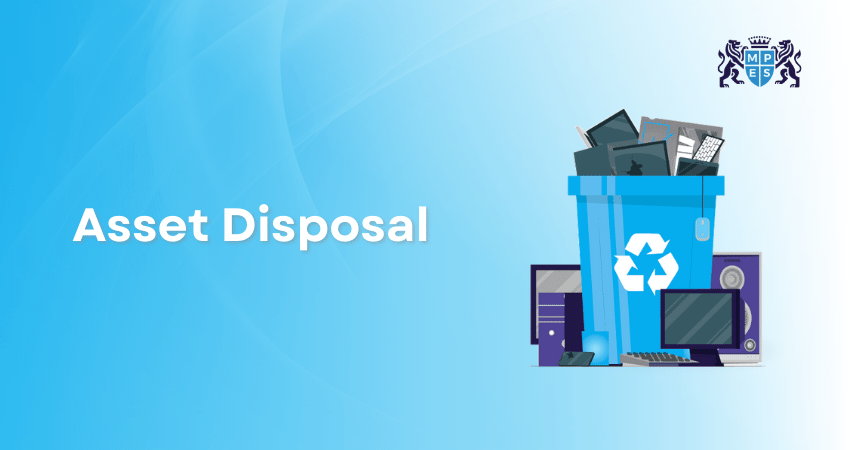
Asset Disposal: Definition, Types, Methods and Examples Explained
Maria Thompson16-Apr-2025

Allowable and Disallowable Expenses in the UK: Explained in Detail
Maria Thompson09-Apr-2025

What is Human Resource Management (HRM)? Principles and Functions
Maria Thompson08-Apr-2025

Navigating Career Transitions with the 10 Steps Framework Guide
Maria Thompson28-Mar-2025

Top 15 IT Soft Skills Every Tech Professional Should Have in 2025
Maria Thompson05-Mar-2025

Trade Payables: Definition, Benefits, Tips, and Examples for Business
Maria Thompson03-Mar-2025

What is Goodwill in Accounting? Importance, Types, and Examples
Maria Thompson11-Feb-2025

Audit vs. Assurance: Definitions, Key Differences & Similarities
Maria Thompson03-Feb-2025
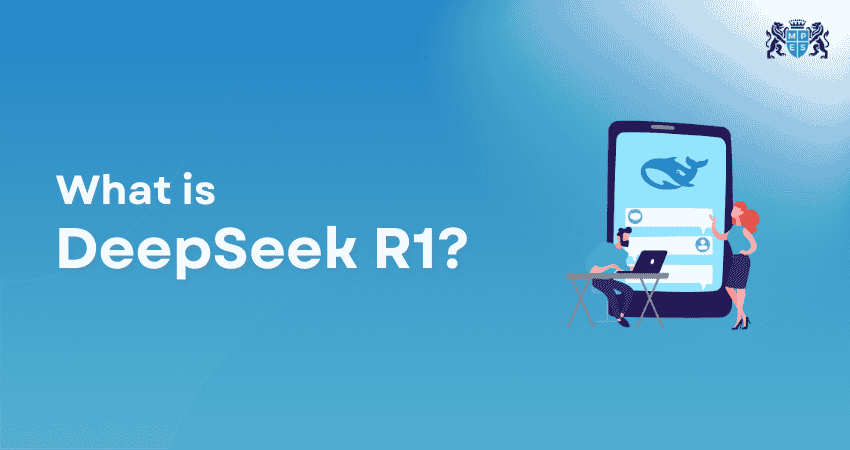
What is DeepSeek R1 Model, and How it Ranks Against OpenAI's o1?
Maria Thompson31-Jan-2025

What Is Cash Basis Accounting? Definition, Example and New Updates
Maria Thompson29-Jan-2025

Corporate Tax Planning: Definition, Types, Strategies, and Benefits
Maria Thompson27-Jan-2025

The Power of Resilience: Strategies to Develop Your Inner Strength
Maria Thompson23-Jan-2025

Financial Accounting vs Management Accounting: What's the Difference?
Maria Thompson22-Jan-2025
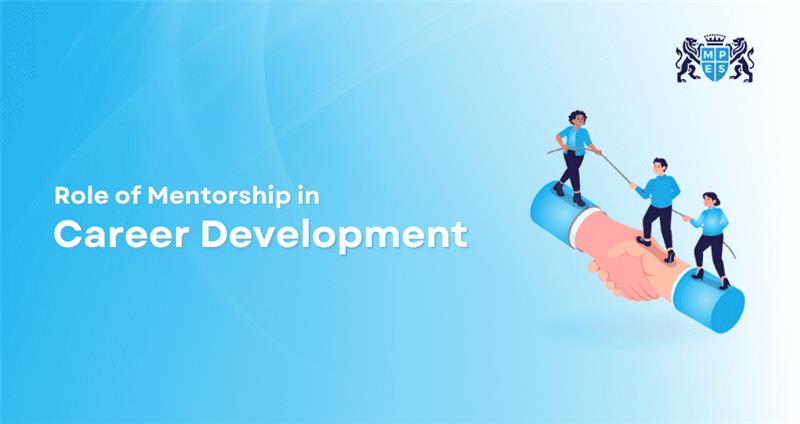
Role of Mentorship in Career Development: A Catalyst for Success
Maria Thompson16-Jan-2025

What is a Stakeholder: Definition, Types and Examples Explained
Maria Thompson13-Jan-2025

15 Reasons You Should Invest in Professional Development: Explained
Maria Thompson03-Jan-2025

What is Corporate Governance: Principles, Models, and Best Practices
Maria Thompson23-Dec-2024

What Is Management Accounting? Types and Key Functions Explained
Maria Thompson18-Dec-2024

Accounting Secrets to Effective Budgeting: Proven Strategies for Creating Effective Budgets
Maria Thompson16-Dec-2024

Financial Accounting in a Remote Work Era: Adapting Key Practices
Maria Thompson12-Dec-2024

Future-ready Accountants: Top Certifications to Bridge Skills Gaps in 2025
Maria Thompson04-Dec-2024
 Have Any Question?
Have Any Question?
 +44 7452 122728
+44 7452 122728






 Back
Back



